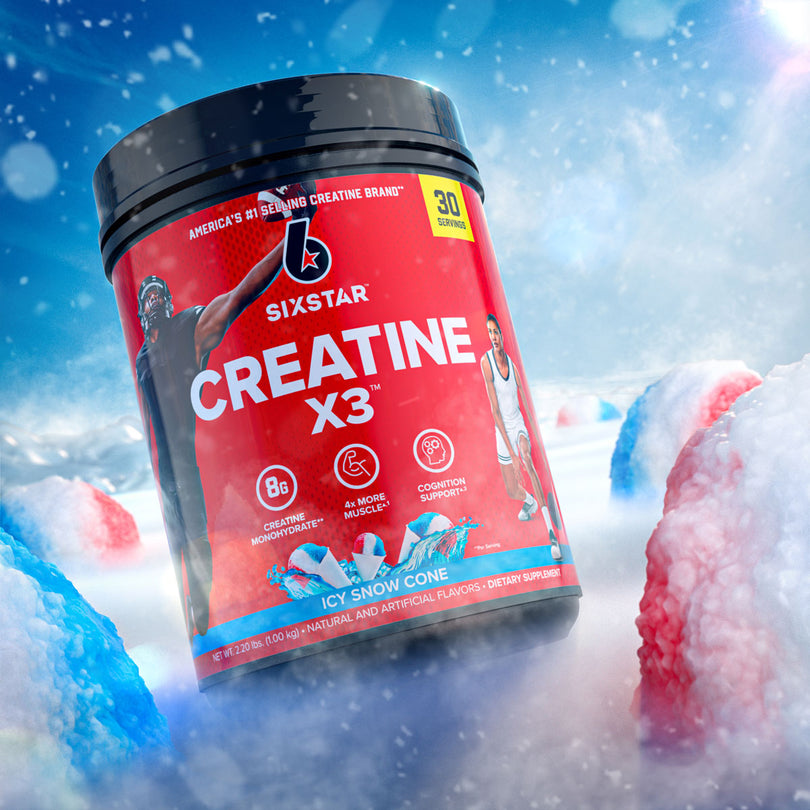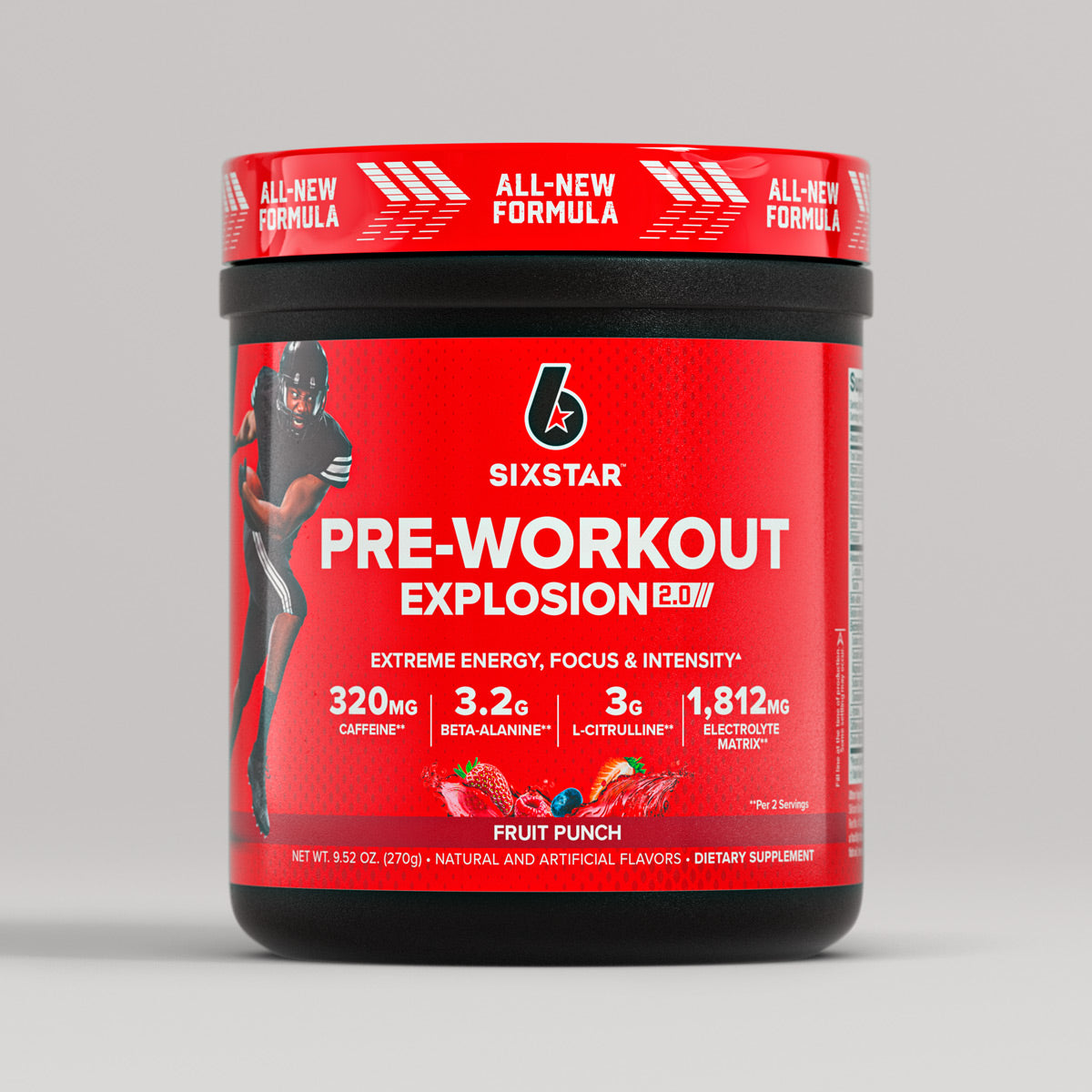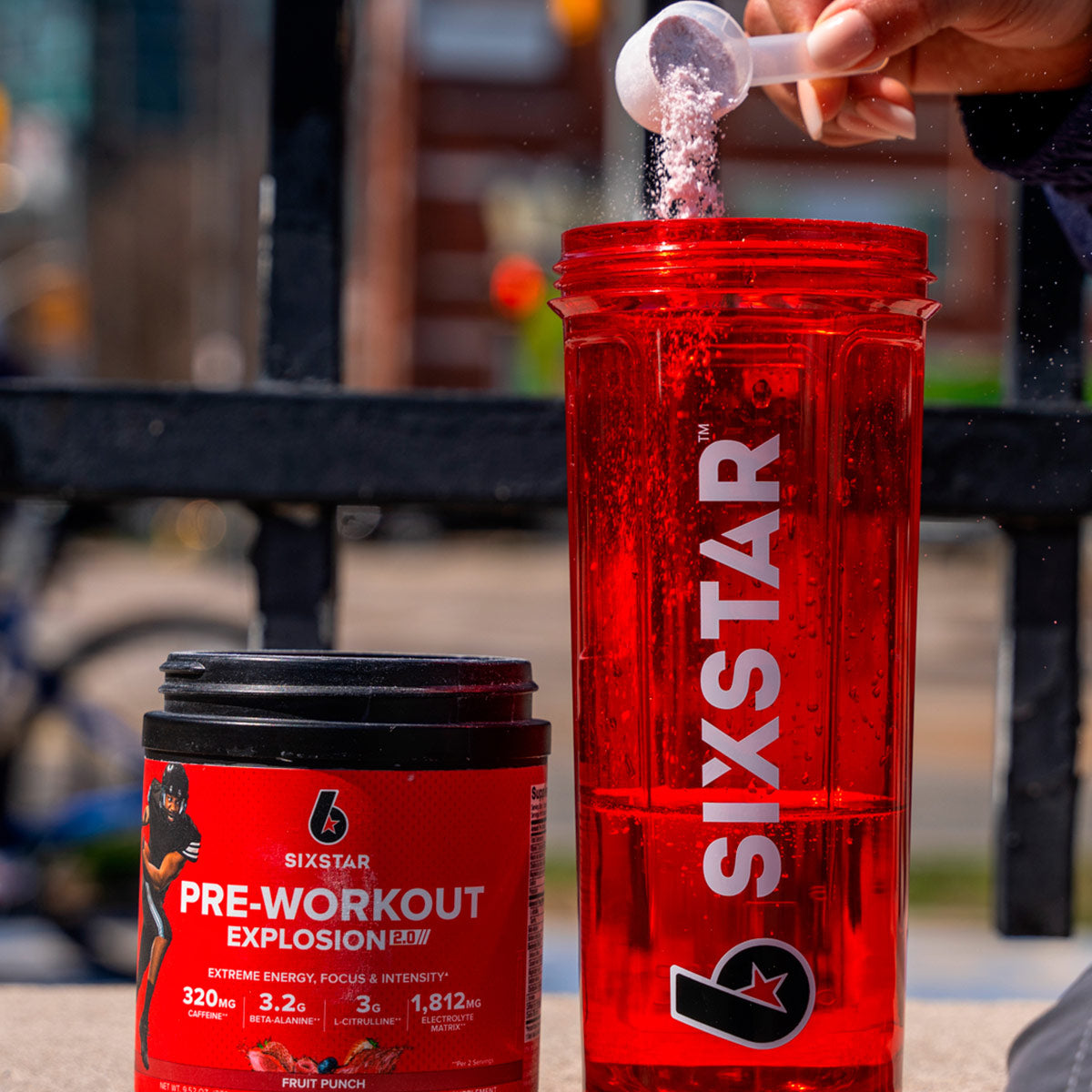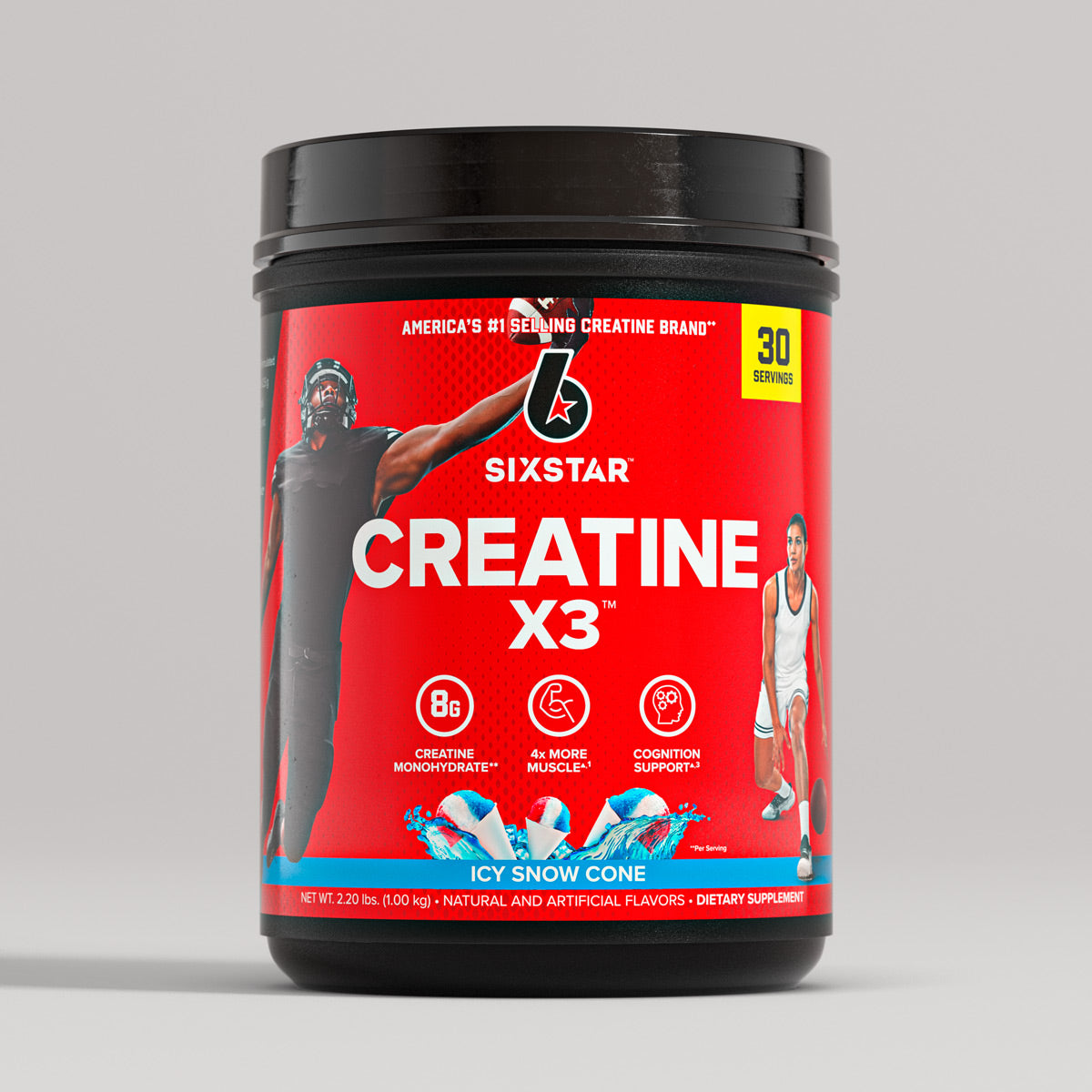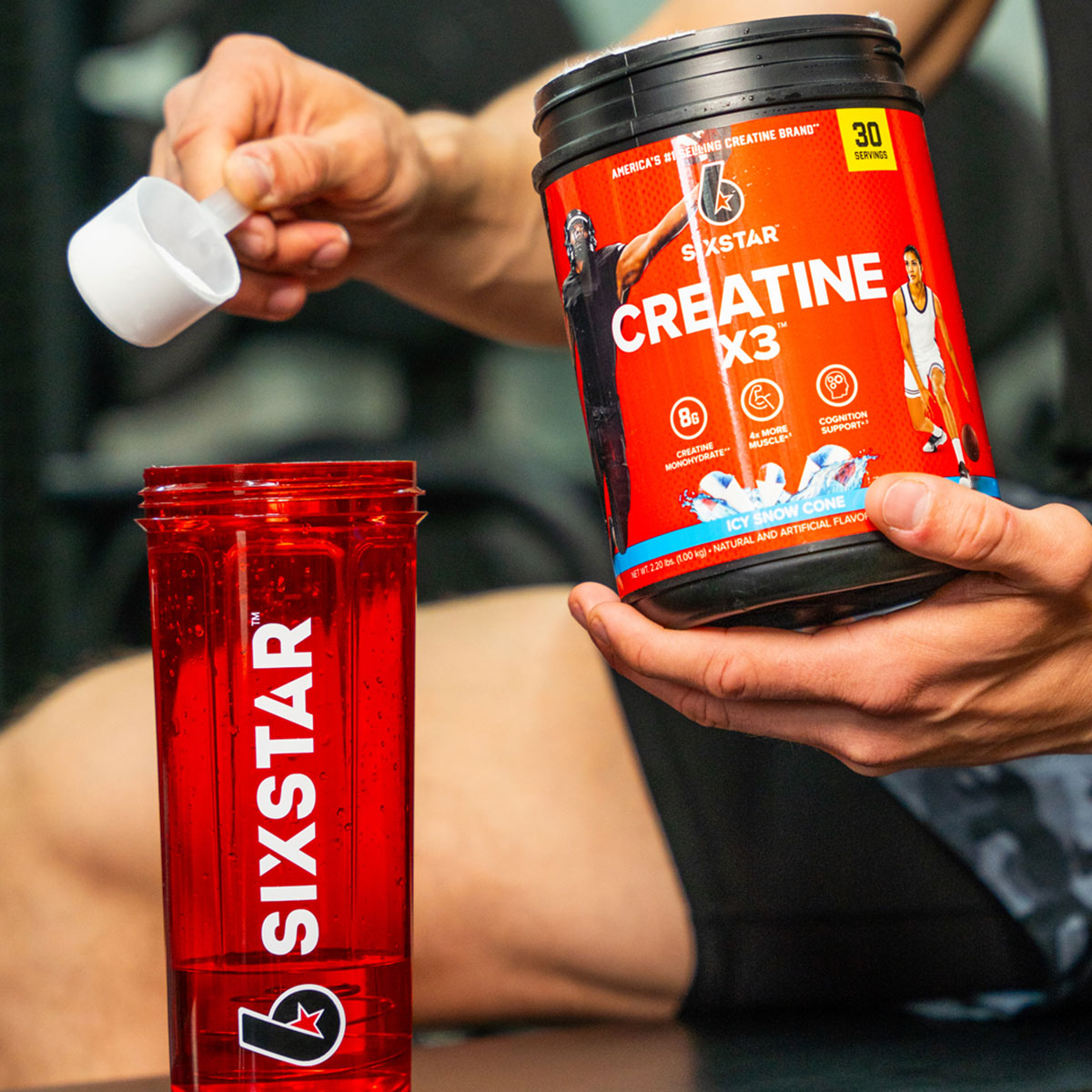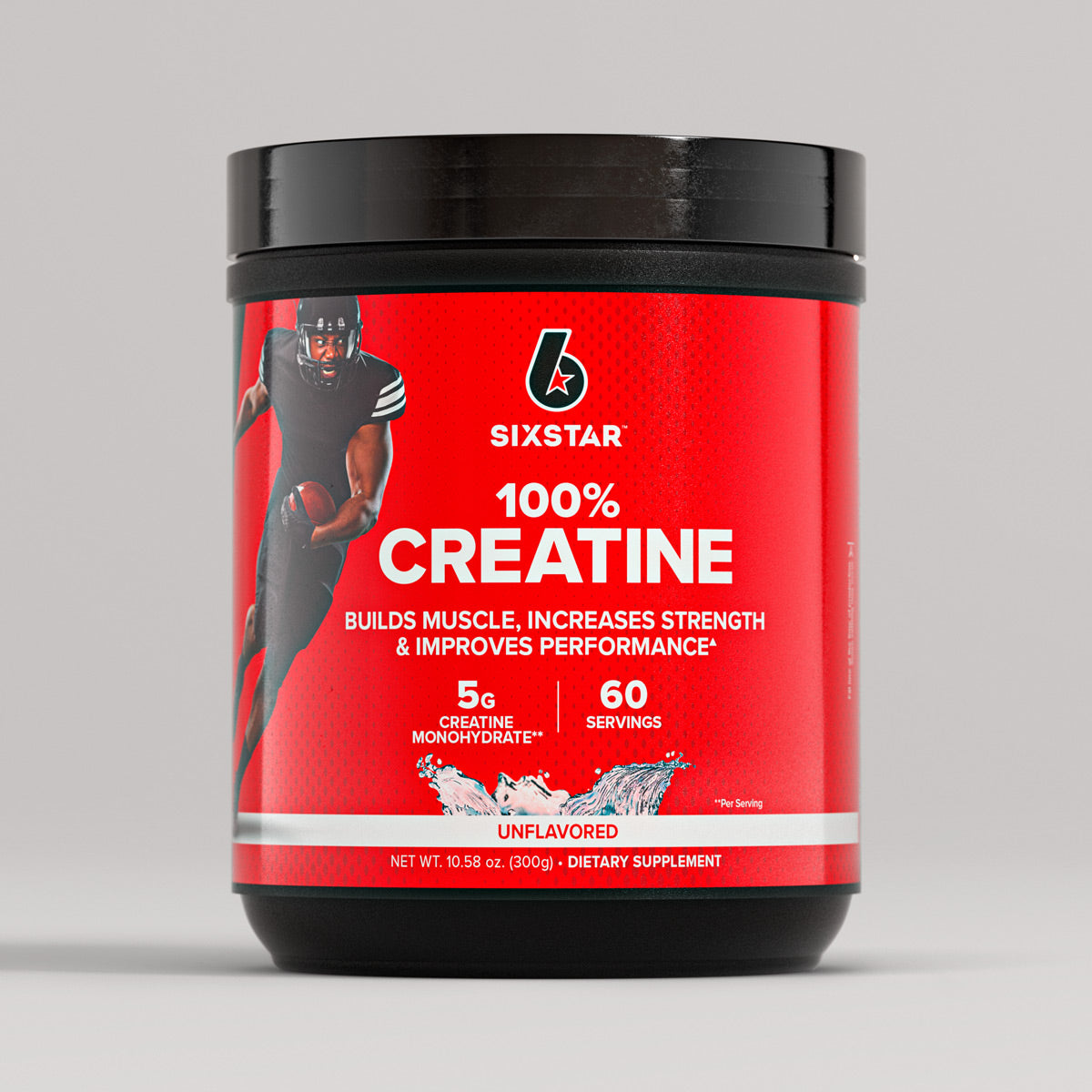Whether you’re not getting the results you want out of your training or you’re ready to take your training pro to get that expert push and level up, you may be contemplating whether a personal trainer is a worthwhile investment.
Sure, you could be looking at anywhere from $25 to $150 an hour when you hire a certified personal trainer (PT) but is it a lavish splurge or an investment that will deliver the athlete-caliber results you can’t achieve on your own?
Let’s take a look at the pros and cons of hiring a PT and whether they are worth their weight in gold.
The benefits of working with a trainer
Whether you’re training for your sport, a race or simply for yourself, when it comes to working out, there are a number of things that must go right in order for you to be successful. First, you must be motivated—and not just a couple days a week—we’re talking consistently motivated, even on the days that you aren’t.
Another thing that’s important when you go it alone is knowing how to create a periodized program that will lead you up to your ultimate goal, in a realistic time frame. You should also have an expansive array of exercises in your arsenal and know which to combine—and when— for targeted results based on your goals.
You’ll also need to know how to progress movements over time as you get stronger and require more of a challenge, plus know how to do them safely in order to prevent an injury that could derail you from reaching your targeted goals.
All of those things are what a qualified PT can offer, plus more. We spoke to Toronto-based NSCA-certified personal trainer, exercise therapist and F45 studio owner Drew Tyler about the benefits of hiring a PT to provide professional one-on-one coaching. Here are some scientifically-proven reasons for hiring a professional and some cost considerations before hiring a trainer.
1. Accountability: You’ll show up and work harder
Getting back to motivation, can you say that you’re motivated 100 percent of the time? The truth is that most people aren’t, and that’s perfectly normal, we are human after all.
In a study published in the Journal of Sports Science & Medicine, 129 volunteer participants worked with a trainer for 10 months and an impressive 78 percent of them reported increases in motivation to varying degrees, with 20 percent of them maxing out on potential motivation and the rest of them showing a significant uptick in feeling motivated when working with a certified trainer.
The reason for this is because PTs are known to keep you accountable, push you harder and inspire you to do better and come back for more, which forms habits of consistency and work ethic on the training floor. In another study with female participants, accountability with a personal trainer was measured by three factors: adherence to keeping appointments, working harder during PT sessions and feeling inspired and encouraged throughout each session. The female participants reported improvements in all three categories when they worked with a PT.
Consider a real-life scenario. With a hired PT to hold you accountable, by the time you wake up and realize you don’t really want to go to the gym, it’s already too late and your cancellation window has closed, meaning you’re getting charged a fraction or the entirety of your session, whether you show up or not.
This may not sound like good news, but if you’re serious about training like an elite athlete, this is the best scenario for you. Having a paid PT waiting on you will drag your butt out of bed even on the laziest, groggiest of days. And once it’s said and done, you’ll be flooded with feel-good endorphins, glad that you went and still on track with your goals. Accountability matters when you’re leveling up your training.
2. You’ll gain life-long fitness knowledge
Let’s face it, there’s only so much you can self-train with the guidance you can gather online. We’re not denying the wealth of information available at your fingertips, but formulating a training regimen piecemeal online—and one that doesn’t specifically apply to you—can be wildly inaccurate and frankly, exhausting.
When you hire a PT to customize a detailed and gradually evolving plan for you, you’re learning about your individual needs—instead of the mass generalization that Google spits out, or the copycat stuff you see in the gym.
“A lot of people come to the gym not knowing what to do or what to lift,” explains Tyler. “They're just watching other people or they're following programs that don't suit their needs. And when they don't seeresults, they stop coming to the gym thinking it's not worth it.”
That's one of the biggest differences between hiring a trainer and going solo, he says. The other thing is that you’re learning, “So when you eventually decide to stop personal training, you've learned all the essentials about how to program and how to phase your workouts so that you're not doing the same thing over and over again. A lot of people plateau because they do the same reps and the same weights over and over again, which doesn't allow the body to adapt any longer. Once you’ve worked with a personal trainer for an amount of time, you’re much more equipped to do better, on your own, in the future.”
3. You get specific programming and your progress monitored regularly
To expand on that point, when you go it alone, you might have some initial success because your body is essentially shocked into adapting quickly, but what happens when you train for six months, a year or more is that you need to constantly modify your program, pulling the various levers that PTs are pros at doing, such as tinkering with frequency, intensity, time and type, to ensure progress and noticeable change.
“Working with a personal trainer one-on-one means that you have someone that not only gives you specific direction for your goals—whether it's fat loss, building muscle, increasing strength and endurance or sport-specific training—they create a program to ensure your body is constantly changing and they adapt it when things aren't working,” Tyler says. “A personal trainer reviews a client’s progress on a monthly basis to see what needs to be added or changed within the program. The biggest thing is that you eliminate the guessing to get results faster.”
4. You’re less likely to get injured
When you’re being coached throughout each movement of every session, you have the added security of significantly reducing your risk for injuries. Not only will this educate and inform good technique and form that will stick with you for life but you have the insurance policy of someone to spot and assist you, which means you can get a little risky, lift heavier and ultimately progress faster with a paid pro there to monitor you for best practices and safety.
Ok, so what does it cost?
Personal trainer rates vary greatly for a number of reasons but what influences the price most is the trainer’s experience level and your goals. “Trainers set SMART goals: Specific, Measurable, Attainable, Realistic and Time frame,” Tyler explains. “With a SMART goal in mind, if someone wants to gain 18 pounds of lean mass, that could take ten months,” Tyler offers. He adds that six to 12 months are the average durations of personal trainer packages sold and generally the most realistic time frames to attain goals.
As for hourly rates, it will depend entirely on how experienced they are. Newly certified trainers start at around $25 an hour and seasoned PTs with a wide variety of certifications and specialties can go as high as $150 per hour.
Bottom line: Is a personal trainer really worth it?
Let’s say your goal will take 10 months to achieve, the average cost of a trainer is $60 an hour and you’ll be training with him or her three times a week over a 10-month period. That’s an $7200 investment before applicable taxes and your monthly gym membership, if that’s separate.
While that may sound like a chunk of change, hiring a personal trainer is an investment worth considering in order to establish some important foundational techniques, consistent habits and to get a solid educational baseline, not to mention better understanding how to train for your body and goals.
To put it another way, think about how you will feel in a year from now if you’re in the exact same physical condition and wishing you’d just taken the personal trainer plunge? Investing in your health and performance is an investment that can last a lifetime and take your athletic aspirations—or career—to the next level.

